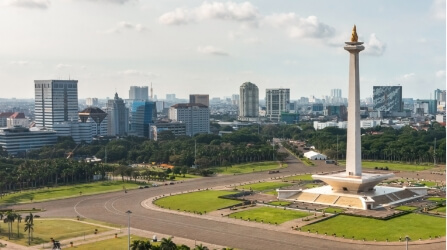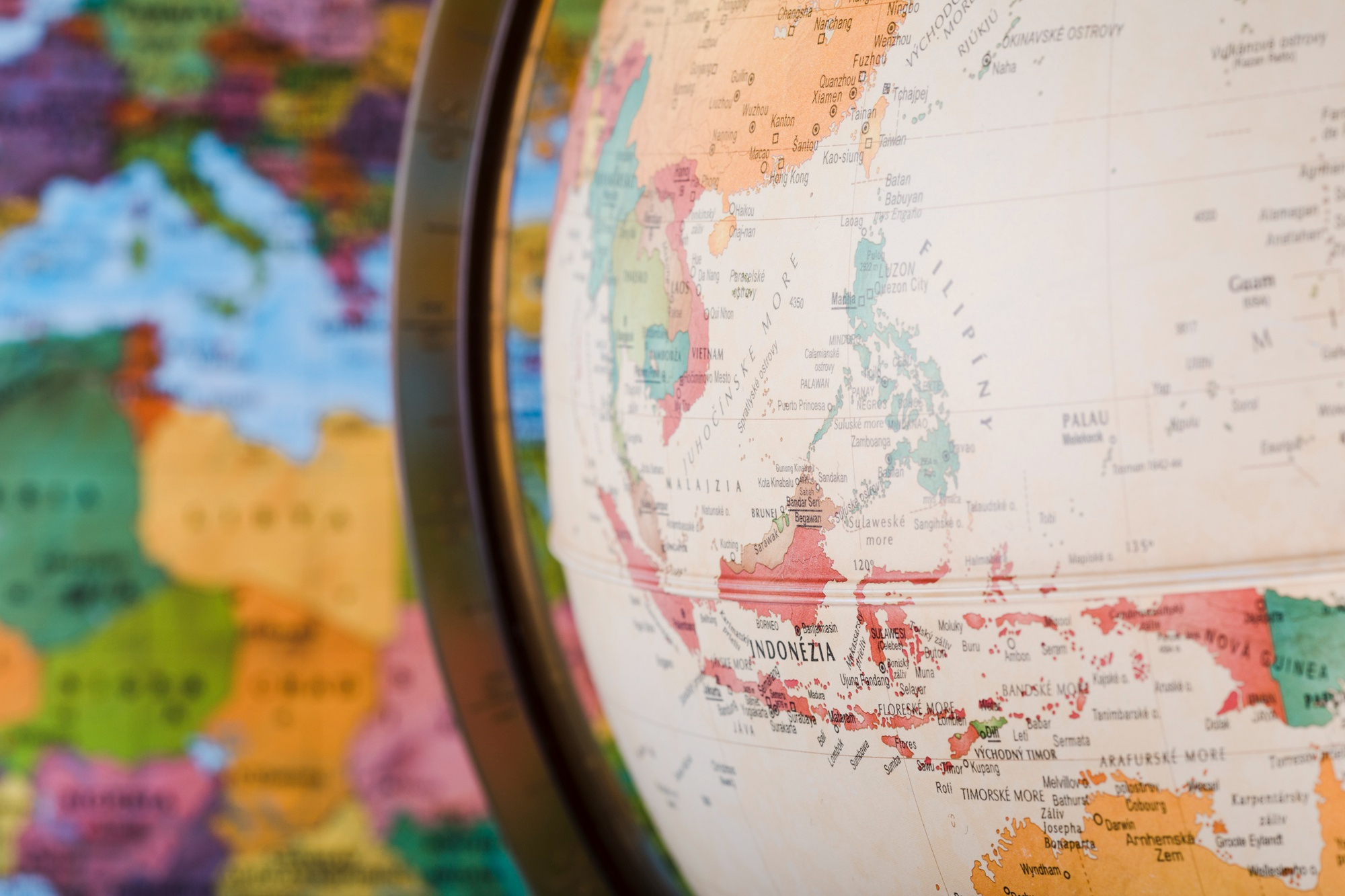Introduction: Expand to Indonesia, But Don’t Copy-Paste
Many regional brands enter Indonesia with the same formula they used in other countries—and struggle. That’s because Indonesia is not a one-size-fits-all market. If you want to expand to Indonesia and succeed, localization is not optional. It’s essential.
In this article, we’ll explore what localization really means in the Indonesian context, what areas of your business need to adapt, and how companies that localize correctly build stronger brand equity, customer loyalty, and long-term growth.
What Makes Indonesia Unique?
To understand why localization matters, start with the fundamentals. Indonesia is:
-
The 4th most populous country in the world
-
An archipelago of more than 17,000 islands
-
Home to over 700 languages and ethnic groups
-
A mix of urban and rural economies
-
Rapidly digitizing, but still culturally conservative in many regions
This diversity makes Indonesia rich in opportunity—but also complex. Brands that attempt to expand to Indonesia without adjusting their messaging, formats, or customer experience often miss the mark.
What Is Localization?
Localization is more than just translation. It’s the process of adapting your brand, product, and communication to suit the cultural, linguistic, and operational expectations of a specific market.
When you expand to Indonesia, localization can involve:
-
Adjusting your product to local tastes and preferences
-
Using Bahasa Indonesia (and sometimes regional dialects)
-
Rethinking your pricing and packaging strategy
-
Aligning with local buying habits and payment systems
-
Adapting your brand voice and visuals to cultural norms
Why Localization Matters When You Expand to Indonesia
1. Consumer Behavior Is Different
Indonesian consumers tend to be community-oriented, price-sensitive, and brand-loyal. They also rely heavily on peer recommendations, influencers, and social media to inform purchase decisions.
A direct transplant of your Singapore or global strategy is unlikely to work unless you:
-
Adjust for emotional messaging styles
-
Build local credibility early
-
Tap into cultural values like togetherness, religion, and tradition
2. Language Is a Trust Signal
English-speaking ads may work in business districts or among younger consumers, but Bahasa Indonesia remains essential for mass communication and conversion.
Using Bahasa not only improves understanding, but also shows respect for the market. Many top-performing brands localize their:
-
Taglines and product names
-
Website and mobile app content
-
Packaging and instructions
-
Customer support channels
3. Digital Platforms and Payments Are Market-Specific
When you expand to Indonesia, don’t assume the same platforms will deliver the same performance. For example:
-
WhatsApp, Instagram, TikTok, and Shopee are more dominant than Facebook or email
-
Cash-on-delivery (COD) and e-wallets like GoPay, OVO, and ShopeePay are preferred payment methods
-
Consumers expect fast responses, often outside typical business hours
Localizing your e-commerce infrastructure, customer service, and payment systems is key to scaling your presence.
4. Religious and Cultural Sensitivity Is Essential
Indonesia is the world’s largest Muslim-majority country. Religious holidays, modesty norms, and halal certification can heavily influence purchasing behavior.
Localization strategies should include:
-
Avoiding culturally inappropriate imagery or messaging
-
Aligning product launches with major holidays like Ramadan, Eid, or Independence Day
-
Offering halal-certified or sharia-compliant products where relevant
What to Localize When You Expand to Indonesia
Here’s a breakdown of areas where localization adds the most impact:
1. Brand Messaging and Visual Identity
Even global brands like McDonald’s, Uniqlo, and Netflix localize their campaigns for Indonesia.
Adapt your:
-
Headlines, slogans, and tone of voice
-
Design elements, colors, and visual symbols
-
Social media content to fit local humor, holidays, and trends
2. Product Features and Packaging
Indonesian consumers may prefer:
-
Smaller packaging sizes for affordability
-
Local flavors, scents, or aesthetics
-
Products that align with local climate or beauty standards
Conduct focus groups or surveys to understand what resonates best.
3. Pricing Strategy
Price sensitivity is high, especially outside urban centers. Consider:
-
Introducing tiered pricing
-
Running frequent promotions or bundling offers
-
Adjusting pricing based on regional income levels
4. Marketing and Influencer Partnerships
Influencer culture is massive in Indonesia. However, your partnerships must be local, relevant, and credible.
Use:
-
Micro and nano influencers for niche credibility
-
Regional ambassadors to build trust in second-tier cities
-
Platforms like TikTok Shop and Shopee Live for direct conversions
5. Customer Service and Experience
Indonesian consumers value fast, friendly, and personal responses. Localize your support by:
-
Hiring Bahasa-speaking agents
-
Offering customer care via WhatsApp or Instagram DMs
-
Operating during peak shopping times, including evenings and weekends
Case Example: How Localization Made a Difference
A Singapore-based skincare brand entered Indonesia using a translated version of their website and global social media content. After one year, their brand recognition remained low and conversion rates were poor.
Ciptamata helped them:
-
Redesign their website and campaigns in Bahasa Indonesia
-
Launch new product variants suited to tropical climates
-
Partner with regional influencers on TikTok and Shopee
-
Offer e-wallet payment and COD at checkout
Result: Within 6 months, online sales doubled, their Instagram following grew by 300%, and their products were picked up by two national retailers.
How Ciptamata Helps You Localize Effectively
At Ciptamata, we work with brands that want to expand to Indonesia the right way—by adapting to the local landscape, not just entering it.
Our localization services include:
-
Market research and cultural insights
-
Messaging and creative adaptation
-
Bahasa content development
-
Local influencer selection and partnerships
-
UX and e-commerce localization
-
On-the-ground activation and customer feedback loops
We bridge the gap between regional ambition and local relevance, helping brands build deeper connections with Indonesian consumers.
Conclusion: Expand to Indonesia with a Local Mindset
Indonesia is not just a big market—it’s a diverse, dynamic one. Businesses that treat it with nuance and adapt accordingly are the ones that succeed.
Localization is not about changing your identity; it’s about making your brand more accessible, relevant, and trusted in a new cultural context.
If you’re planning to expand to Indonesia, invest in the time, effort, and resources to localize. Your long-term success depends on it.
Interested in building a localized market entry strategy?
Contact Ciptamata to start planning your Indonesia expansion with confidence.











